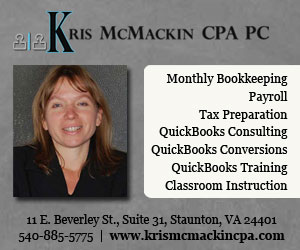
Form 1099 is considered an Information Return. It provides information about certain types of income to both the IRS and the recipient of the income. Issuing the 1099 legitimizes the payer’s ability to take the expense and notifies the IRS that the income should be reported by the recipient. 1099s are issued in a number of circumstances, the most common being for subcontract work. If a business pays an individual or another business that is not incorporated $600 or more in a calendar year for services performed then a 1099 should be issued. Consider the following example: Bob hires a cleaning service to clean his company office once a week. Bob will pay more than $600 per year for this service. The cleaning service has one owner and is run as a sole proprietorship. Bob will need to issue a 1099 at the end of the year.
The above is just one example. 1099s should also be issued for royalties, rents paid, prizes and awards, and direct sales to name a few. There can also be circumstances where the payer is required to withhold Federal taxes from payments made and submit those funds to the IRS. Generally speaking for the 2015 year, 1099s must be furnished to the recipients by February 1, 2016 and are due to the IRS by March 1, 2016.
The IRS has shown increased interest in monitoring compliance of 1099s. In fact all business income tax returns and schedules have to answer a question asking if 1099s were required to be issued, with a follow up question asking if those 1099s were in fact issued. You can’t get much more direct than that!
The IRS can assess penalties against a business that fails to comply with the 1099 reporting rules. The penalty can range from $30 to $250 per 1099. However there is no maximum penalty for willful disregard of the filing requirements.
Kris McMackin is a certified public accountant in Staunton, Va. Online at KrisMcMackinCPA.com.










